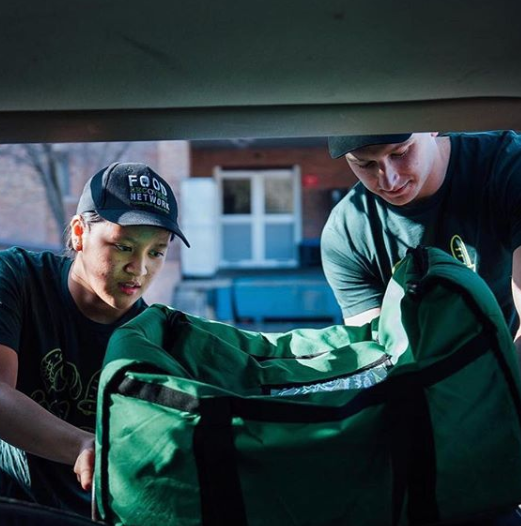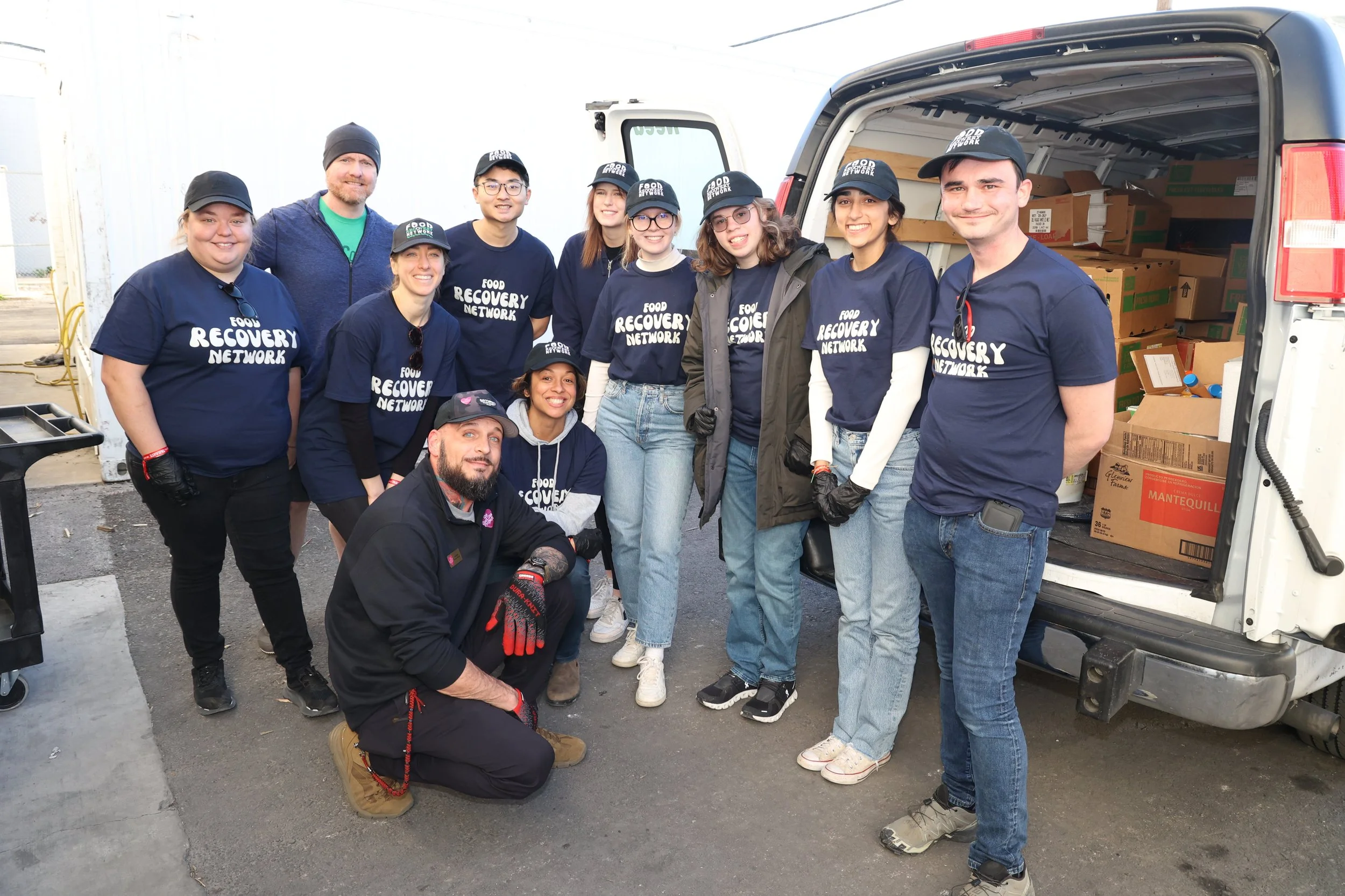Gaby: Describe Recovery Café’s overall vision and its context in San Jose, CA. What community needs does RCSJ fill?
Lisa Willmes: Recovery Café San Jose is a healing community for those traumatized by addiction, homelessness, and mental health challenges. While many other programs maintain long waiting lists, or offer services for a limited time, RCSJ is always immediately welcoming and available for long term. RCSJ offers hot meals 4 days a week, weekly Recovery Circles, classes and workshops to learn job and life skills, group activities to build social skills and inner strength, connections to resources and partner agencies as well as relapse prevention.
Gaby: When I last visited RCSJ a few years ago, the organization was just getting started. You provided a few community meals per week, as well as Recovery Circles (peer to peer support groups) and optional group activities. What does your program look like now?
Lisa Willmes: In addition to our meals and Recovery Circles RCSJ offers a robust selection of classes through our School for Recovery. SFR is an 8 week session of classes focusing on four main areas: Addiction and Recovery, Life Skills, Health and Wellness, and Arts and Creativity. Members who complete at least one class for the full 8 weeks are recognized at the end of the session during our awards ceremony receiving a certificate of completion and gift card.
Gaby: Describe your meal program. Where do you get the food that you serve, and how do members serve and eat the food? What role(s) do food and food recovery play in the Recovery café model?
Lisa Willmes: RCSJ offers meals Tuesday - Friday with lunch being offered daily and dinner on Tuesday and Wednesday nights. We receive 3 meals from local non profit, Loaves and Fishes, and 3 meals we prepare in house. Our Chef - along with trusted volunteers and members - creates healthy dishes using produce and other ingredients provided by Second Harvest Food Bank, Veggielution and Fresh Approach. Members help serve lunch and dinner through our buffet line.
Gaby: What are your future goals for Recovery café San Jose, and for Recovery cafés in general? What current challenges and needs do you face?
Lisa Willmes: 2017 is a big year for RCSJ! In March RCSJ will temporarily relocate to a local church as our building begins renovation. The renovation will consist of getting a new state-of-the-art kitchen where we will run culinary classes, an espresso bar where members will learn the barista trade, a new art room, and a computer lab. We plan to be back in our new facility by September. We will reopen to preparing 10 meals in house and being open 5 days a week (Tuesday - Saturday). Once in our new facility we hope to grow our numbers and offer more classes to members. We currently have 100 members and offer 10 Recovery Circles plus classes in our School for Recovery.
RCSJ is proud to provide delicious and nutritious meals to our members, but it can be challenging to secure the dairy and meat proteins we need to serve a balanced meal. We are grateful to our food providers, but are always looking for new donation partners!
Gaby: How can others be involved in Recovery Café’s efforts? Can this model be replicated in different locations? Can students, particularly those in Food Recovery Network chapters, be involved?
Lisa Willmes: RCSJ is based off of the Recovery Café model that began in Seattle almost 15 years ago. Since we have been open (2 1/2 years) there have been other Recovery Cafés popping up along the west coast and more folks are showing interest across the nation. We gladly accept student volunteers and generally have between 2-5 per semester working in the kitchen preparing meals. I am always interested in meeting with folks in the community and would be grateful of Food Recovery Network students being involved with RCSJ. Currently we have 25 active volunteers who help with meal preparation, facilitate Recovery Circles and run classes.
Follow Recovery Cafe San Jose on Facebook!








